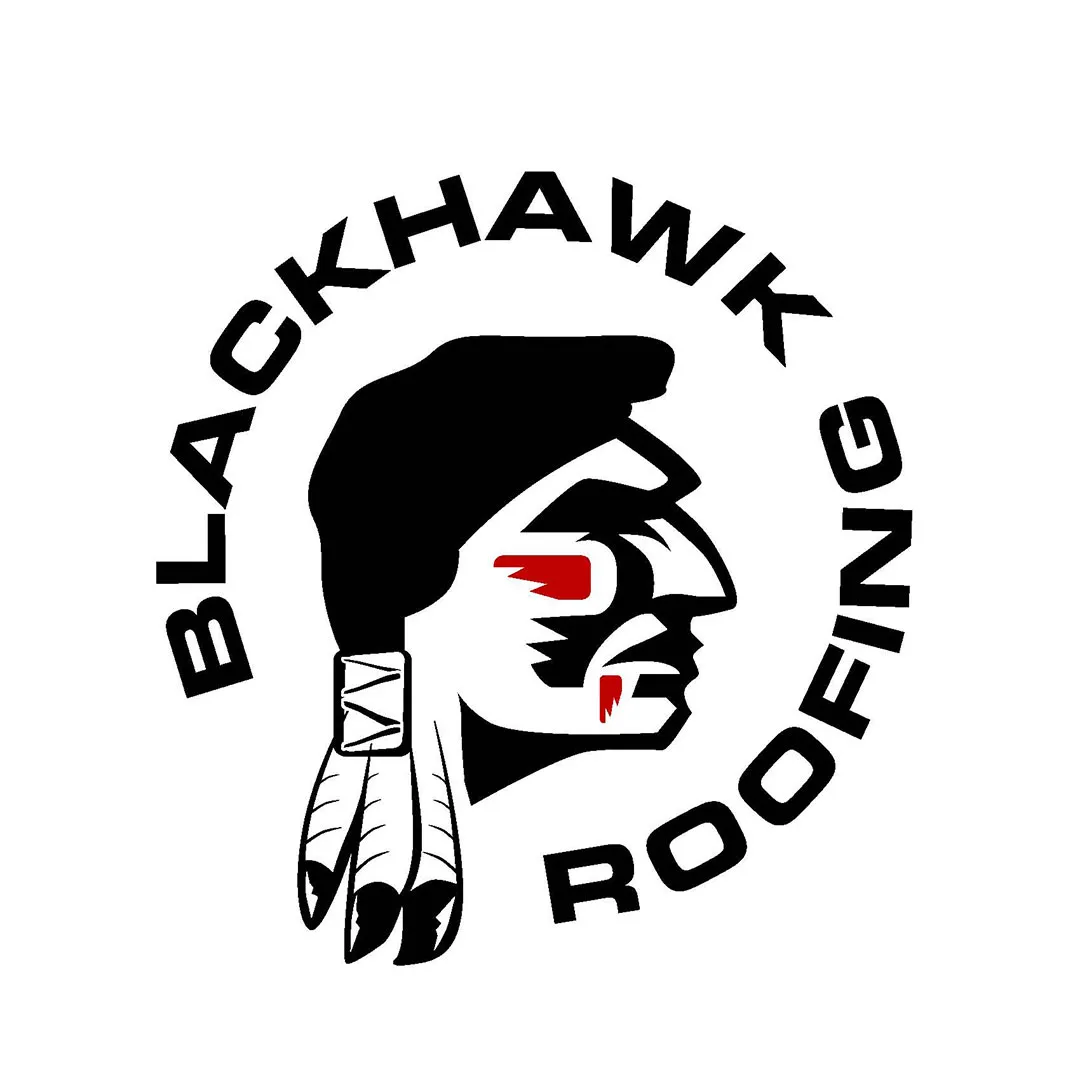About this roofing project
We replaced a 2,200 sq. ft. roof on this one-story home on S. Columbia Avenue. We began with the removal of a non-functioning 8' brick chimney, and a 30' TV antenna. The roof had one layer of roofing materials, and many of the decking boards were damaged or sagging. This required repair and replacement, using 3/4" OSB plywood. All shingles, felt paper, flashing, pipe boots, roof vents, and nails were removed. We completed the installation of the new roof system in one day, utilizing a large project crew.
Setup
- A dump trailer was delivered to the job site the day before the project start date. The location of the dump trailer (on the road in front of the owner's home) was discussed before starting the job.
- We ordered materials for delivery at 11:00 am on the day of the tear-off.
- We used the Equipter to minimize damage to landscaping.
- Where required, we used tarps and plywood to protect windows, doors, the patio and deck, and landscaping.
Materials
- OSB Plywood
- Roof Flashing
- Synthetic Felt
- Rollex Drip Edge
- Weather and Ice Shield
- Roof Vents
- Sewer Pipe Boots
- CertainTeed Landmark Shingles
- CertainTeed Landmark Ridge Cap
What was included in this roof replacement system?
A residential roof is a combination of roofing materials and components that form a complete roof system. Every part of this roof system has a crucial role in keeping occupants protected from the elements.
Tear-Off
We tore off a one-layer roof (shingles, felt paper, and nails) down to the decking.
Roof decking
We replaced nearly 300 sq.ft. of damaged decking material with new 3/4" OSB.
Decking is the wooden boards or sheets of plywood that make up the wooden surface of your roof. These boards are what your shingles and other components are attached to. We won't know if decking is damaged until tear-off of the old roof. Rotting boards are replaced before the installation of new roofing components. Installation of new synthetic felt on the roof.
Roof flashing
New flashing was installed. Roof flashing is metal placed anywhere your shingles butt up against something like a wall, chimney, or in open valleys. If your flashing isn't rusted and the integrity of the metal is still strong, then it won't need to be replaced. If it's damaged, deteriorated, or if you're upgrading from a 3-tab to a dimensional asphalt shingle, your roof flashing will be replaced.
Underlayment
We installed new synthetic felt underlayment on the roof. Underlayment is material used over your decking to provide additional protection. It is your roof's last line of defense.
Drip edge
We installed Rollex Drip Edge along the eaves and gables of the roof. Drip edge is the metal flashing that's installed at the edges of the roof to help control the flow of water away from your fascia and other roofing components.
Roof vents
We installed new roof ridge vents. Without proper attic ventilation, the life of your roof will be drastically reduced due to the continual expansion and contraction of trapped hot and cold air. Your roof vents stop this from happening by allowing your attic to breathe correctly.
Pipe boots
We replaced all pipe boots. Your roof pipes need to be covered, so water doesn't run down them into your home. A pipe boot is a synthetic rubber boot that goes around your roof penetrations (like sewer pipes) to prevent leaks.
Asphalt shingles
We installed CertainTeed shingles using the manufacturer's specification of six roofing nails per shingle.
Ridge cap
CertainTeed ridge cap was installed according to the manufacturer's specifications. Ridge capping is the finishing trim installed at the peak where the two slopes of a roof meet. They're thicker than regular shingles and pre-bent so that they can form to the ridges on your roof. Ridge capping will be replaced during a roof replacement. Some roofing contractors use 3-tab asphalt shingles as ridge capping to cut down on costs. We only use manufacturer-supplied ridge capping.
Ice and Water Shield
Ice and Water Shield was installed in all valleys, along eaves, rakes and gable ends per the manufacturer's specifications. This self-adhesive membrane helps protect against water penetration from ice dams. It is also used around chimneys, skylights and other protrusions through the roof. The membrane protects against water infiltration that can lead to wood rot and potential damage to the home.
Warranty
The Manufacturers' warranty was transferred to the owner for all materials. A five-year warranty was provided to the owner on Spring Street for installation labor.

















